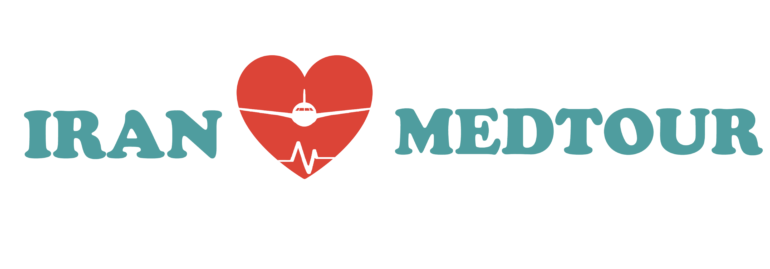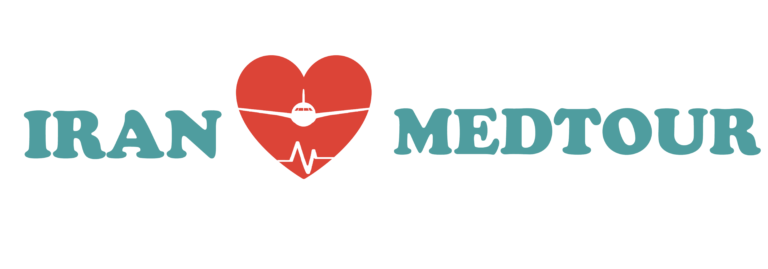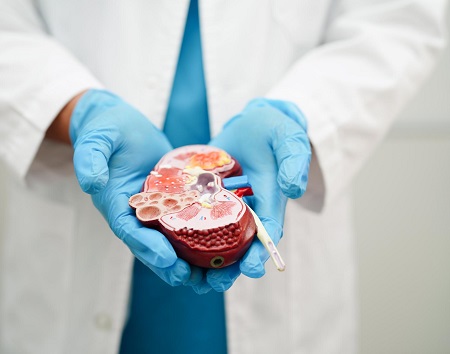A kidney transplant involves surgically transplanting a healthy kidney from a donor into a recipient whose own kidneys are failing.
This procedure is a lifeline for those grappling with conditions such as chronic kidney disease (CKD) or end-stage renal disease (ESRD), where the kidneys’ ability to filter waste products and regulate fluid balance is severely compromised.
Signs of kidney failure may include fatigue, swelling in the legs, persistent itching, changes in urination patterns, and nausea.
The role of the kidney in the body
The kidney’s pivotal role in the body cannot be overstated. Beyond filtering blood to remove waste and excess fluids, kidneys play crucial roles in electrolyte balance, blood pressure regulation, and hormone production essential for red blood cell production and bone health. When kidney function declines, as in cases of renal failure, the body’s delicate equilibrium is disrupted, leading to systemic derangements.
A successful kidney transplant not only reinstates renal function but also heralds a new chapter of vitality and well-being for the recipient, emphasizing the indomitable spirit of medical innovation in the pursuit of human health and longevity.
Kidney transplant is a life-saving procedure for individuals suffering from end-stage renal disease, offering a chance for improved quality of life and longevity. In recent years, Iran has emerged as a leading destination for kidney transplantation, thanks to its well-established healthcare infrastructure, experienced medical professionals, and patient-centered approach.
Let’s delve into the process, benefits, and facilities for kidney transplant in Iran.
Process of Kidney Transplant in Iran
The process of kidney transplant in Iran follows a comprehensive and meticulously planned approach, ensuring optimal outcomes for patients. Here’s an overview of the typical steps involved:
1. Initial Evaluation: The journey begins with a thorough medical evaluation to assess the patient’s overall health and suitability for transplantation. This involves laboratory tests, imaging studies, and consultations with transplant specialists to determine eligibility.
- Donor Selection: In Iran, kidney transplants can be performed using organs from living donors or deceased donors. Living donor transplants are preferred whenever possible, as they offer better outcomes and shorter waiting times. Donors undergo extensive screening to ensure compatibility and minimize risks.
- Surgical Procedure: Once a suitable donor is identified, the transplant surgery is scheduled. Highly skilled transplant surgeons perform the procedure using advanced techniques to transplant the donor kidney into the recipient’s body. A kidney transplant surgery typically lasts 2 to 3 hours and requires a minimum of 5-7days of hospitalization.
- Post-transplant care: After surgery, patients should receive comprehensive post-transplant care to monitor transplant function, manage medications, and prevent complications. Close follow-up appointments with transplant specialists must be made to ensure long-term success of the transplant.
One of the critical and important stages in the kidney transplant process is post-operative care. During this period, individuals should follow a dietary pattern under the guidance of a nutrition specialist. One of these considerations is that the patient’s diet should be low in salt and sugar after the surgery. Patients who have undergone kidney transplantation should consume five meals a day consisting of fruits and vegetables, an adequate amount of fiber, and dairy products. It is important to consume sufficient amounts of water and fluids and keep your body hydrated.
- Rehabilitation and Support: Rehabilitation programs and support services are available to help patients adapt to life post-transplant. This may include dietary counseling, physical therapy, and emotional support to promote overall well-being.
Benefits of Kidney Transplant in Iran
Opting for a kidney transplant in Iran offers numerous benefits for patients seeking effective treatment for end-stage renal disease. Some of the key advantages include:
- High Success Rates: Iran boasts excellent success rates for kidney transplants, with outcomes comparable to those in Western countries. Advanced surgical techniques, comprehensive pre-and post-transplant care, and adherence to international standards contribute to favorable outcomes.
- Shorter Waiting Times: Unlike many countries where patients may face lengthy waiting times for organ transplantation, Iran’s organ donation system prioritizes timely access to transplant surgery. This reduces the risk of disease progression and improves the chances of a successful transplant. Annually, around 2,500 kidney transplants are performed in Iran, a figure unparalleled in the world.
- Cost-Effective Treatment: Kidney transplant procedures in Iran are significantly more affordable compared to many Western countries, making them accessible to a broader range of patients.
Facilities for Kidney Transplant in Iran
1. State-of-the-Art Surgical Facilities: Transplant centers in Iran are equipped with advanced operating theaters outfitted with the latest surgical technology and equipment. This enables transplant surgeons to perform procedures with precision and efficiency, minimizing risks and optimizing outcomes.
2. Multidisciplinary Team Approach: Kidney transplant teams in Iran comprise multidisciplinary specialists, including transplant surgeons, nephrologists, immunologists, and transplant coordinators. This collaborative approach ensures comprehensive care throughout the transplant journey, from evaluation to long-term follow-up.
Iran’s Kidney Transplant Advantages
In conclusion, Iran’s advancements in kidney transplant procedures, coupled with its comprehensive healthcare infrastructure and patient-centered approach, position the country as a premier destination for individuals seeking life-saving treatment for end-stage renal disease. With high success rates, shorter waiting times, cost-effective treatment options, and world-class facilities, Iran offers a compelling combination of quality care and affordability for patients in need of kidney transplantation. By choosing Iran as a destination for kidney transplant, patients can embark on a journey towards improved health, vitality, and well-being under the care of experienced transplant specialists.
It is important to note that, according to Iranian laws, non-Iranian individuals can’t receive kidney donations from Iranian donors. Therefore, non-Iranian individuals in need of a kidney transplant can bring a suitable donor of their own nationality to Iran to donate the kidney.








